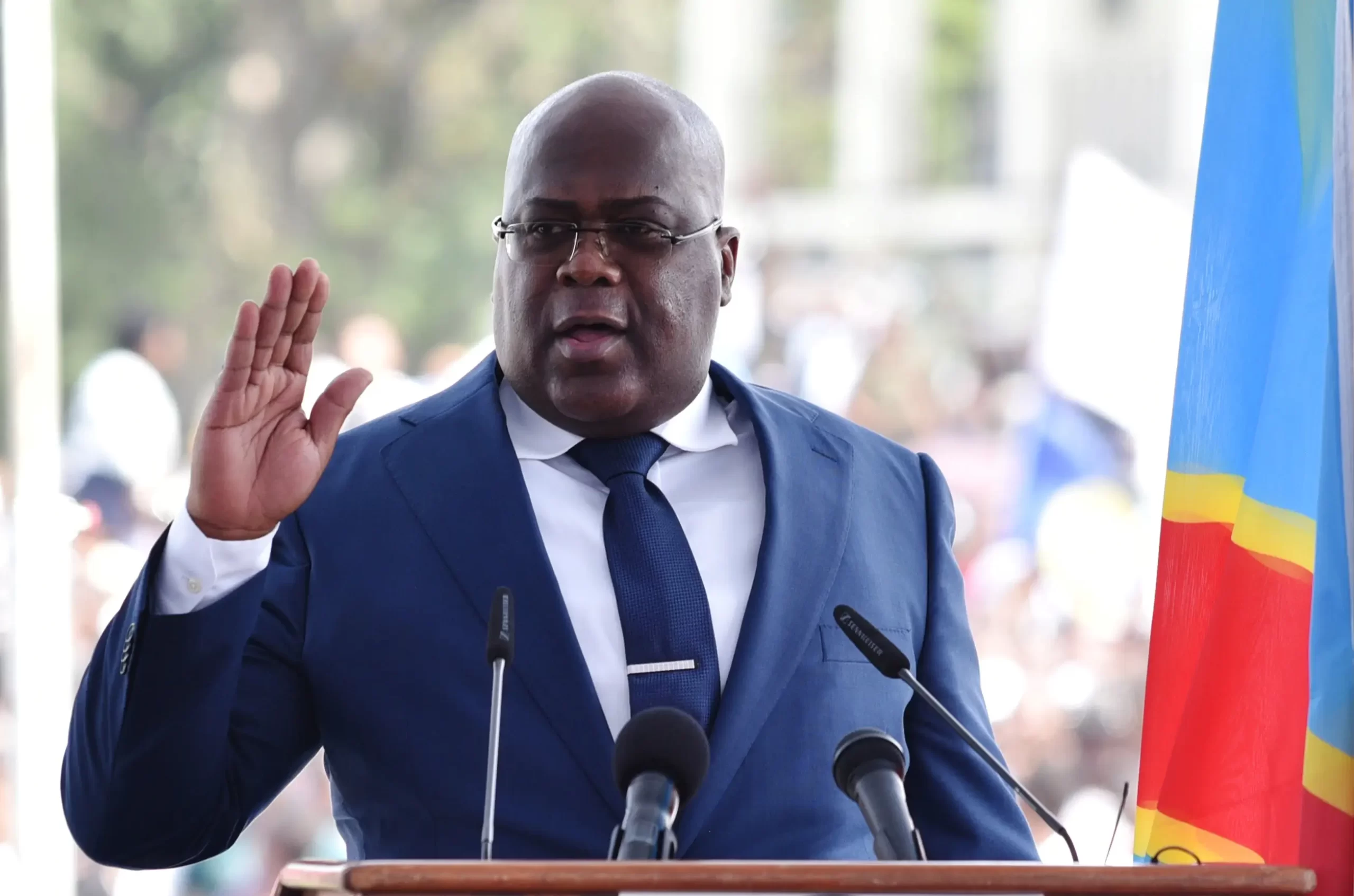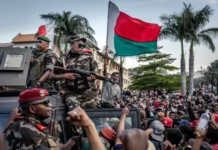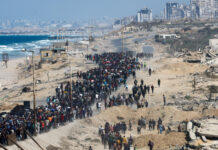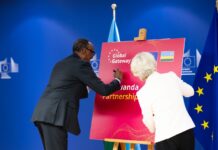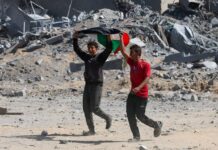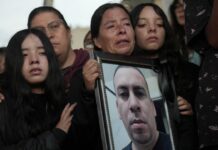Kinshasa is in disarray after Democratic Republic of Congo President Félix Tshisekedi appointed a deceased commander to a new position in the ongoing military reforms.
A presidential decree read aloud on national television (RTNC) named Maj-Gen Floribert Kisembo as the new commander of military operations in North Equateur Province, in the country’s northwestern region.
His appointment became effective on Monday, October 17, according to the announcement.
However, following a public outcry, President Tshisekedi’s communication office attributed the error to the news anchor’s accent.
“It’s a mispronunciation. The journalist pronounced Kisembo instead of Kisebwe,” the statement said, referring to General Isaac Kisebwe, who was also promoted.
However, the presenter stated that the late major-general, former commander of the operational zone in Maniema, eastern DRC, left no room for her to mispronounce the identity of the new commander.
According to other army officers, Kisembo was killed by the Congolese army after attempting to form a rebellion against the country’s national armed forces, known as the FARDC (Forces armées de la république démocratique du Congo).
According to Col Fal Sikabwe, then commander of the FARDC operational zone in Ituri (eastern DRC), who was interviewed by Radio Okapi (affiliated with the UN mission in the DRC), “the troops of the 4th FARDC brigade attacked Gen Floribert Kisembo Bahemuka’s maquis in 2011.”
The fighting took place in Lonyo, a village north of Bunia.
The fighting seriously injured the deserter general (Floribert Kisembo).
He died on May 1, 2011. Gen Floribert Kisembo Bahemuka, a former leader of the UPC militia and a critic of Thomas Lubanga, joined the FARDC in January 2005.
This is the second controversy sparked by President Tshisekedi’s decrees.
Previously, he had promoted Gen John Tshibangu, who had deserted the army after endorsing the victory of Étienne Tshisekedi (the father of current President Félix Tshisekedi) over Joseph Kabila in the 2011 presidential election.
Kabila won that election, but his victory was challenged by opposition groups.
John Tshibangu, 52, was appointed commander of the 21st military region, with headquarters in Mbuji-Mayi (Kasai Oriental), in central DRC.
He served in the former Zairean Armed Forces and was trained in Israel before joining the Service d’action et des renseignements militaires (SARM), an elite unit, during the reign of former President Mobutu Sese Seko.
In the early 2000s, he was a member of the rebellion. But, thanks to the 2003 peace agreement, he was able to rejoin the Congolese army and was even promoted to chief of staff of the 4th military region in Kananga, in the DRC’s heart.
Tshibangu, then a colonel, defected from the FARDC in August 2012, claiming that the election of Etienne Tshisekedi had been rigged.
He founded the rebel group APCCD (Armée du peuple congolais pour le changement et la démocratie). Elements of the FARDC’s’special forces’ pursued him for several weeks without success.
The military court charged him with undermining state security, participating in an insurrectional movement, rebellion, and desertion.
After several years, he was finally apprehended in Tanzania at the end of 2018, after threatening to overthrow President Joseph Kabila. He appeared in a video, dressed in military fatigues and surrounded by soldiers.
He was extradited to Kinshasa from Tanzania, where he was detained before being briefly released. President Félix Tshisekedi would pardon him shortly after taking office.









